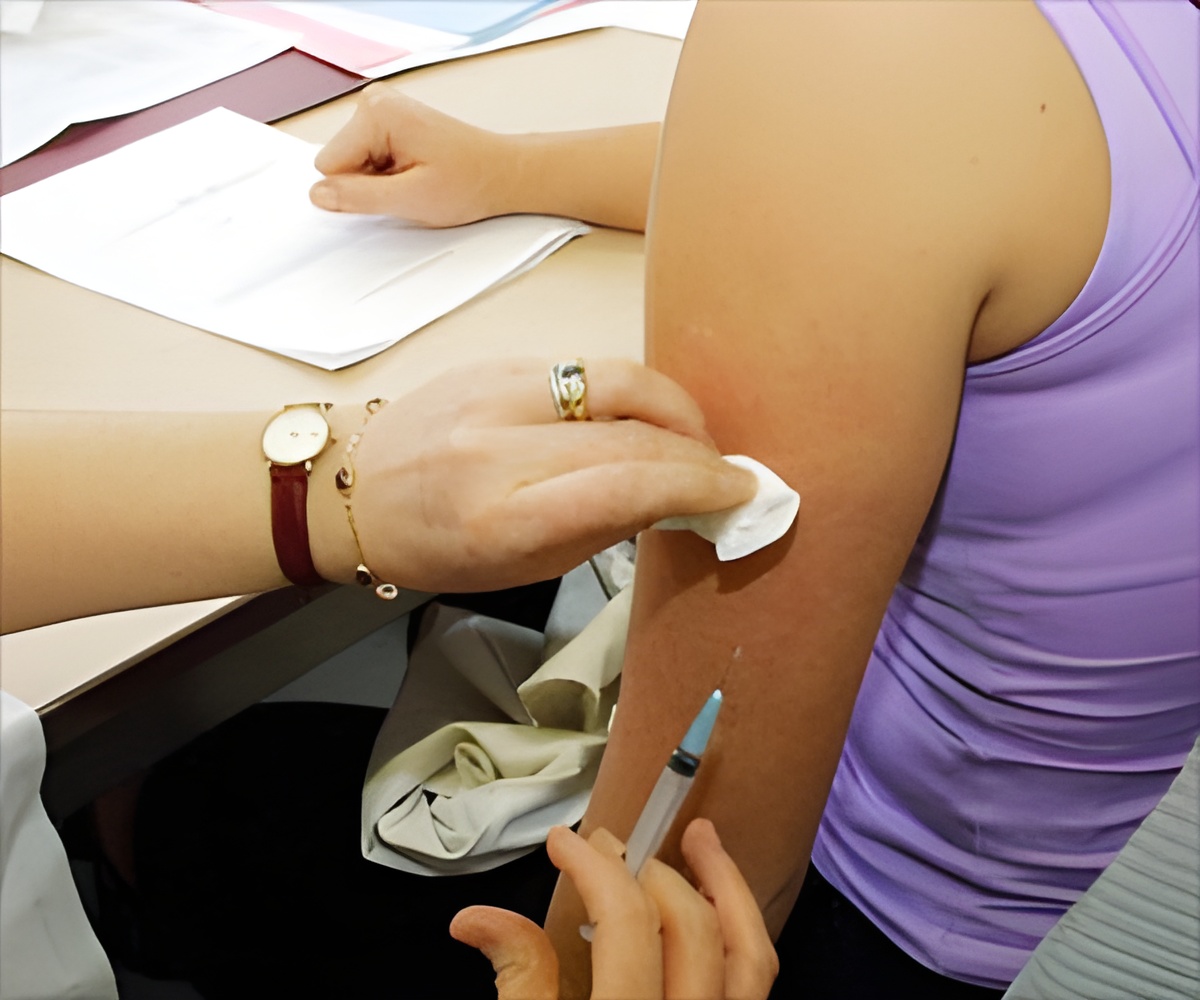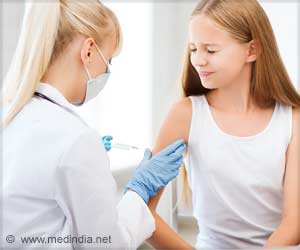Cervical cancer kills a woman every 2 minutes and single-dose of human papillomavirus (HPV) vaccine offers solid protection against cervical cancer.

‘Currently, only 15% of women are vaccinated against HPV worldwide, as many women and young girls in low- and middle-income countries don't have access to the vaccine.’





SAGE’s review concluded that a single-dose HPV shot is comparable to double-dose vaccine and protects against HPV — the virus that causes cervical cancer. "This could be a game-changer for the prevention of the disease; seeing more doses of the life-saving jab reach more girls," the SAGE said in a statement.
The SAGE also recommended updating dose schedules for HPV: one or two-dose schedule for the primary target of girls aged 9-14; one or two-dose schedule for young women aged 15-20; and two doses with a 6-month interval for women older than 21.
"The HPV vaccine is highly effective for the prevention of HPV serotypes 16 and 18, which cause 70% of cervical cancer," said Dr Alejandro Cravioto, SAGE Chair.
"SAGE urges all countries to introduce HPV vaccines and prioritize multiage cohort catch up of missed and older cohorts of girls. These recommendations will enable more girls and women to be vaccinated and thus prevent them from having cervical cancer and all its consequences over the course of their lifetimes."
Advertisement
More than 95% of cervical cancer is caused by sexually transmitted HPV, which is the fourth most common type of cancer in women globally with 90% of these women living in low- and middle-income countries.
Advertisement
"The option for a single dose of the vaccine is less costly, less resource intensive and easier to administer," said WHO Assistant Director-General Dr. Princess Nothemba (Nono) Simelela.
"It facilitates implementing catch-up campaigns for multiple age groups, reduces the challenges linked to tracing girls for their second dose and allows for financial and human resources to be redirected to other health priorities," Simelela added.
Source-IANS















